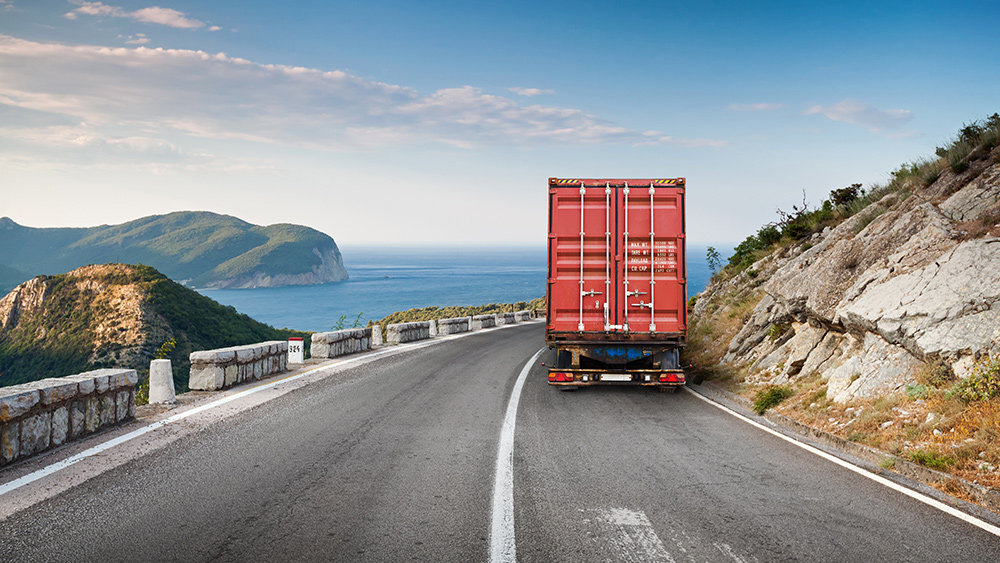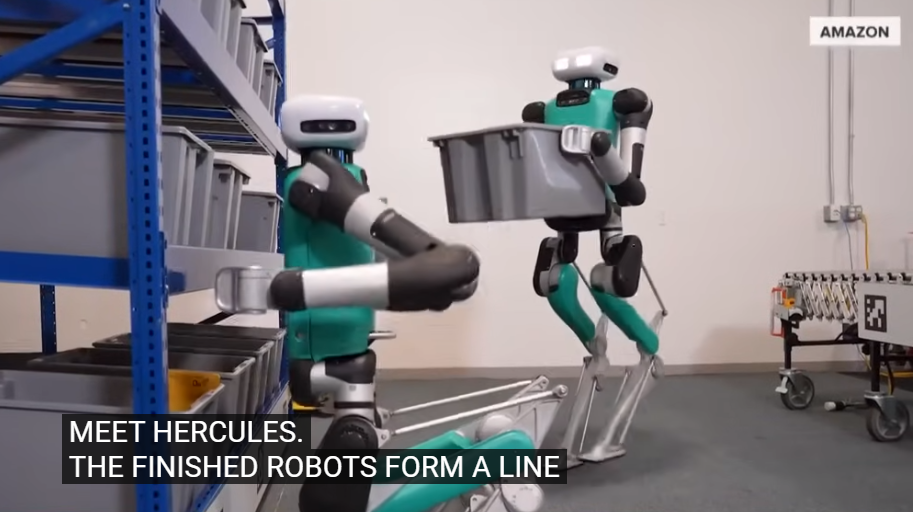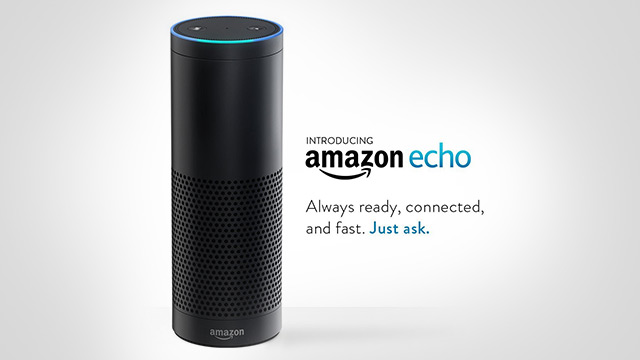
While there were already problems at Whole Foods under the leadership of its existing CEO, things could go from bad to worse as the company transitions to someone even more sinister. After all, Jeff Bezos is the same guy that essentially turned The Washington Post into a paragon of "fake news." Will the same thing happen to Whole Foods with even more of its products turning into "fake food?"
With Bezos at the helm, The Post has published a profusion of deceptive and outright false articles over the past year smearing now-President Donald Trump. The obvious goal of The Post under Bezos has been to completely disrupt the normal function of our constitutional republic by inventing fake news stories to rile up the more extreme elements of the "left." Along with other fake news outlets like CNN and The New York Times, The Post has greatly compromised the stability and cohesiveness of our nation.
At the same time, Amazon has been rapidly acquiring and consolidating power in nearly every area of commerce. There is very little that Amazon doesn't have considerable influence or total control over anymore, in other words, whether it be consumer products, music, media, and now groceries. Amazon wants to be a one-stop shop for everything, with no viable competition. So the question remains: What does this all mean for the future of Whole Foods Market?
"It only stands to reason that Whole Foods will follow the same path of corruption under Jeff Bezos (as The Washington Post), where 'health foods' will become 'fake foods' filled with garbage ingredients and toxic contaminants such as pesticides and lead," says Mike Adams, the Health Ranger.
"Will Whole Foods even keep its promise to label everything it sells with GMO status by the year 2018? Don't be surprised if Jeff Bezos withdraws that commitment, given how The Washington Post is in bed with Monsanto, DuPont and every evil manufacturer of GMOs and pesticide chemicals." (RELATED: To keep up with the latest news on Whole Foods and how the company has been abandoning its core values for years, visit WholeFoods.news)
If viable alternatives exist, skip that trip to Whole Foods
As convenient as Whole Foods might be in many cities across the country these days, it just doesn't make sense to shop there anymore, especially when alternatives exist. If they exist in your area, you would be better off seeking out smaller, privately-owned grocery chains or cooperatives to do your health food shopping.
Who knows, Bezos could suddenly decide not to be evil and actually turn things around at Whole Foods, enacting mandatory GMO labeling and a complete ban on pesticides, herbicides, and heavy metals in its products. In that case – and time will tell, of course – shopping at Whole Foods would perhaps be better than the alternative. But if Bezos' history in retail and media is any indication, this doesn't seem to be all that likely.
The buyout isn't technically official, though – Whole Foods Market shareholders still have to approve the deal, as do industry regulators. If everything goes as planned, the deal will be finalized at some point during the second half of 2017.
Sources:
Please contact us for more information.























